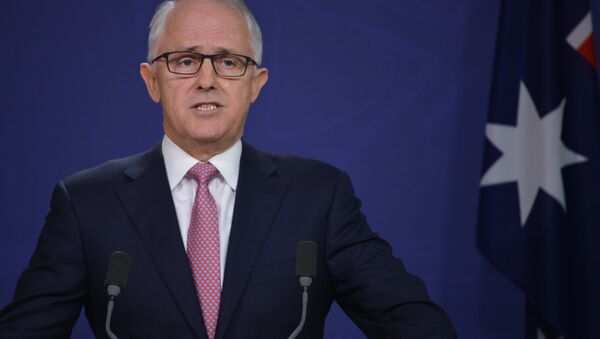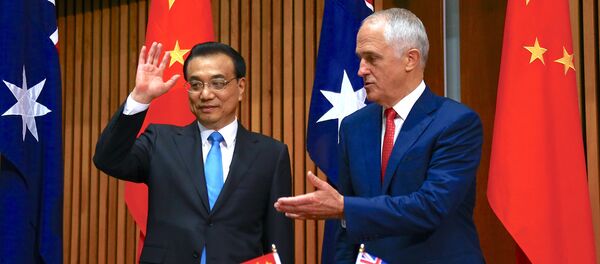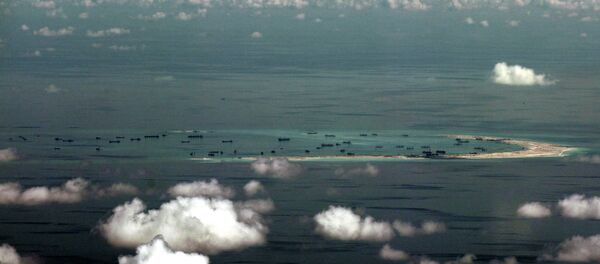"International rules should reflect the consensus of all countries instead of being defined by a single country. The rules should reflect the common interests and values of the region. The agreement between China and Southeast Asian countries on a framework of a code of conduct for the disputed South China Sea last month shows the consensus between China and ASEAN countries," said Lieutenant General He Lei, vice president of the Academy of Military Science of People's Liberation Army (PLA) of China, who is leading the Chinese delegation to this year's SLD.
Turnbull delivered a 30-minute speech at the opening dinner of the SLD, which is being held over the weekend in Singapore. It is attended by 22 ministerial-level delegates and 12 chiefs of defense departments, as well as senior defense officials and academics from 39 countries and regions.
"Turnbull pointed out the disputes and challenges in the Asia-Pacific region and said that he hoped China could play a bigger role in solving the North Korean issue. But he overlooked the fact that the crux of the North Korean issue is the mutual distrust between Pyongyang and Washington," He said.
He also mentioned that China has always stuck to the peaceful development path and insisted that all countries are equal and should safeguard the peace in the region regardless of their size and power.
Turnbull mentioned China 14 times in his speech and talked about the rules-based order several times.
"A coercive China would find its neighbors resenting demands they cede their autonomy and strategic space and look to counterweight Beijing's power by bolstering alliances and partnerships, between themselves and especially with the US," Turnbull said.
Alexander Neill, the senior fellow of the SLD, told the Global Times that there needs to be an open and real discussion about what the rules-based order means.
"China does not dismiss the idea of international norms, but a rules-based order has begun to sound like a Western construct," Neill said.
Zhao Xiaozhuo, a research fellow at the Center on China-US Defense Relations of the PLA Academy of Military Science, said that the South China Sea claimant countries such as the Philippines have shifted their stance on the South China Sea disputes. The agreed framework of a code of conduct means that claimant countries have the ability to cool down the situation.
"The military actions of external powers will only make it difficult to solve the problem," Zhao, who is a member of the Chinese military delegation, told the Global Times on Friday.
This article was written by Wang Wenwen and originally published in the Global Times.




